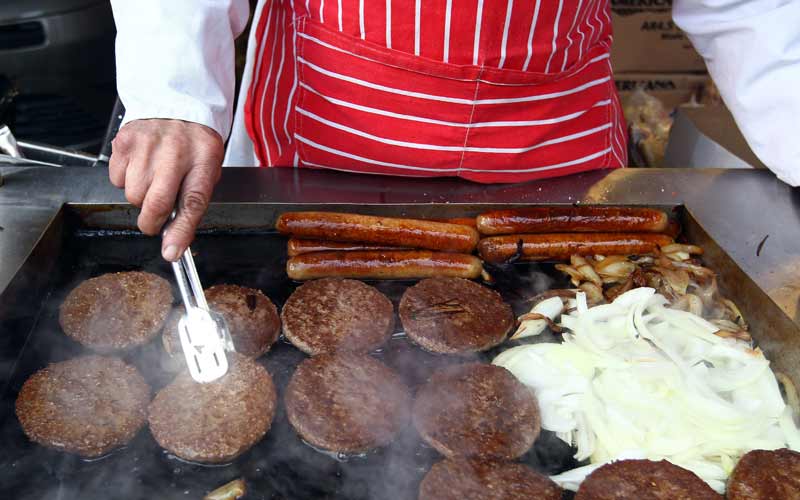As the horsemeat scandal continues to engulf Europe, questions have been raised about the safety of the regional meat supply with suppliers and outlets insisting it is safe due to the stringent traceability checks in place here.
OBE Organic Australia farmers implant their animals “with an electronic ID which sits in the animal’s ear and whose details are recorded on a database,” explained Dalene Wray, general manager, OBE Organic Australia.
“That’s what sets Australian companies apart from others. We have to participate in a national livestock identification scheme. When there is a problem it can be quickly isolated.”

| Advertisement |
Early last year France had a 12-year ban on importing its beef products into the UAE lifted. The ban was initially implemented as a result of the BSE scare. But French minister of agriculture, agrifood and forestry, Guillaume Garot, does not fear the scandal will make people question the integrity of the French beef being supplied into the UAE. He told Caterer the beef went through rigorous checks and they were able to trace a piece of beef “right back to the farm it came from.”
“The traceability is very important for French bovine and we’ve worked to make it a key part of our system,” explained Garot. “With natural French beef — ie: non-processed — we know where it comes from and so are confident that the scandal will not affect our re-entry into market.
“If anything, the horsemeat problem has proved the security of our systems as we have demonstrated we can isolate problematic areas within two days,” he added.
Much of the problem surrounds processed meats and boxed food items, with some in Europe having been found to contain up to 100% horsemeat. This has placed increasing attention on the food range of quick-service restaurants.
After a batch of meatballs was found to contain horse DNA at Ikea in the Czech Republic, their meatball range was pulled across Europe. They continue to be sold in the Ikea UAE but a spokesperson insisted they were safe as the regional supplier is different.
Earlier in the month, McDonald’s launched an initiative in which it would detail the nutritional information on packaging as part of a drive towards greater transparency. Speaking specifically on the horsemeat issue and how the company could “be sure that people are being served what they are told they are being served,” Yousif Abdulghani, managing director, McDonald’s Middle East and Africa, said its products went through “stringent measures and a series of tests” before they arrived in outlets where “they are tested further.”
“Our beef is 100% beef,” assured Abdulghani. “It doesn’t come from Europe, but that’s beside the point. It contains no additives and preservatives and is tested prior to shipping and after.”
One thing crises such as these do result in is a rise in popularity of the organic agriculture sector, explained Wray.
“It doesn’t have to be with beef or horsemeat but when there’s bird flu or with the tainted milk story in China, people become more interested in integrity of the food supply chain,” said Wray.
“We don’t like hearing about tainted milk in China but there’s nothing wrong with the media questioning what manufacturers are doing with their products. As an organic consumer I ask those questions — the world wouldn’t be a safe place if there was no scandal,” she added.









 Search our database of more than 2,700 industry companies
Search our database of more than 2,700 industry companies









